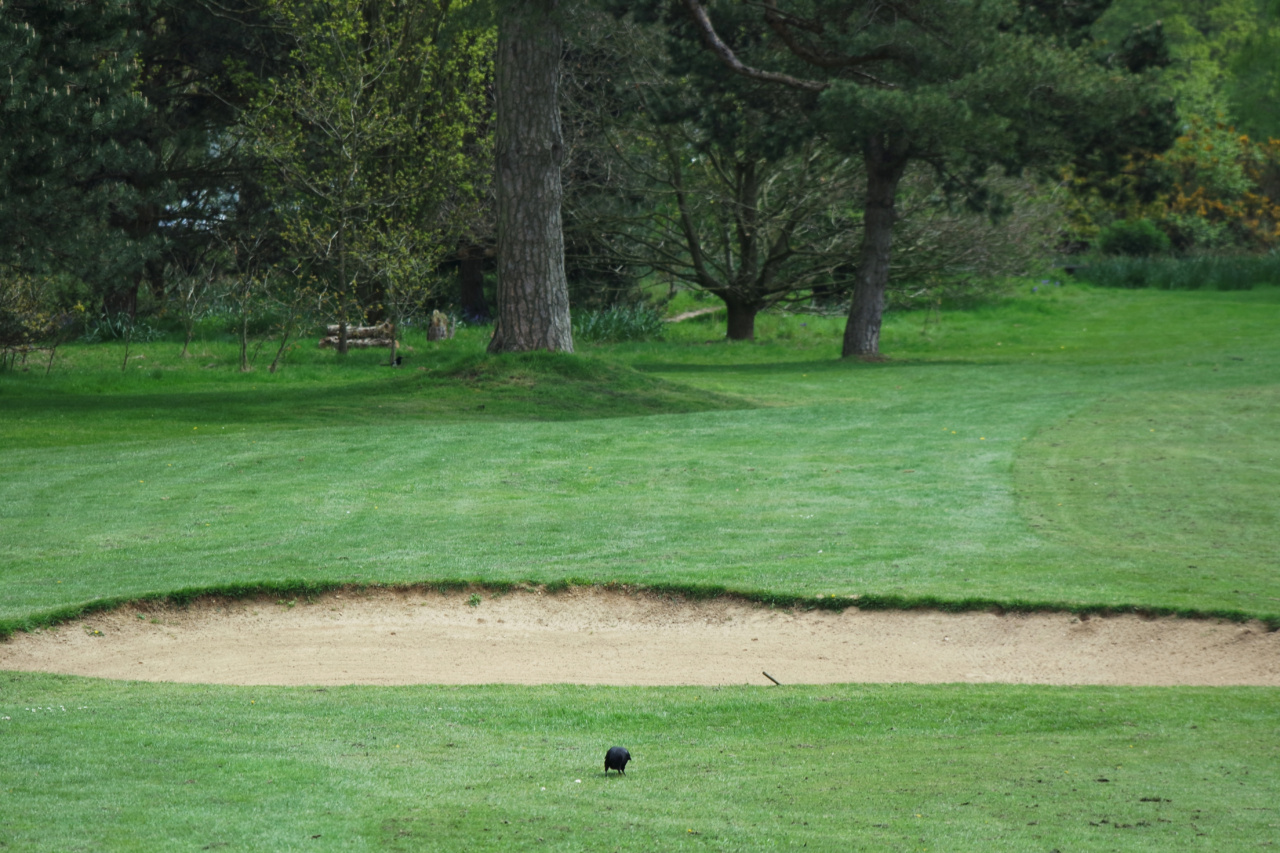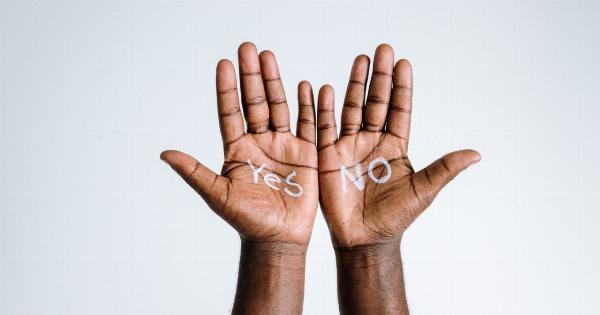Our skin is an incredible and complex organ that serves as a protective barrier between our bodies and the outside world. It plays a crucial role in regulating body temperature, preventing dehydration, and defending against harmful pathogens.
But what happens when the skin becomes itchy? It can be incredibly frustrating and uncomfortable, leading many to scratch relentlessly in search of relief. However, it’s important to remember that our skin is not a bottomless pit, and excessive scratching can cause further damage and irritation.
In this article, we will explore why our skin itches and provide some practical solutions to help alleviate the itch without causing harm.
The Science Behind Itching
Before we dive into the remedies, it’s essential to understand why we itch in the first place. Itching, also known as pruritus, is a complex sensation that can be triggered by various factors.
It primarily occurs when specialized nerve fibers in the skin, known as itch receptors, are stimulated. These receptors send signals to the brain, which interprets them as an itching sensation.
Common Causes of Itching
Itching can be caused by a wide range of factors, including:.
- Dry skin: When our skin lacks moisture, it can become dry and itchy. This is especially common in the winter months or in arid climates.
- Allergies: Allergic reactions to certain substances, such as pollen, pet dander, or certain foods, can manifest as itching.
- Insect bites and stings: The saliva or venom from insects can cause itching and irritation at the site of the bite or sting.
- Eczema: This chronic condition causes the skin to become red, itchy, and inflamed.
- Psoriasis: Psoriasis leads to the rapid buildup of skin cells, resulting in itchy, dry, and thick patches of skin.
- Medication side effects: Certain medications, such as opioids or some antibiotics, can cause itching as a side effect.
- Underlying medical conditions: Itching can also be a symptom of various medical conditions, including liver disease, kidney failure, or certain types of cancer.
What Not to Do When You Itch
When faced with an intense itch, it’s important to resist the urge to scratch vigorously. Scratching can provide temporary relief by interrupting the itch signals, but it can also damage the skin and lead to infection.
Here are some important things to avoid:.
- Avoid scratching with sharp objects: Scratching with sharp nails or any other objects can cause cuts and break the skin’s protective barrier, making it more susceptible to infection.
- Avoid hot showers or baths: While it may be tempting to find relief in hot water, it can actually worsen itching by stripping the skin of its natural oils and further drying it out.
- Avoid harsh soaps and detergents: Opt for mild, fragrance-free cleansers and laundry detergents to minimize skin irritation.
- Avoid excessive rubbing or scrubbing: Vigorous rubbing or scrubbing can irritate the skin further and exacerbate itching.
Practical Solutions to Alleviate Itching
Now that we’ve covered what not to do, let’s explore some practical solutions to alleviate itching:.
1. Moisturize Regularly
Keeping your skin moisturized is crucial for preventing and reducing itching. Use a gentle, fragrance-free moisturizer immediately after bathing to lock in moisture.
Choose moisturizers that contain ingredients like ceramides, glycerin, or hyaluronic acid, which help retain moisture in the skin.
2. Cool Compresses
Applying cool compresses to itchy areas can provide temporary relief. Take a clean washcloth or towel, wet it with cool water, and gently apply it to the affected area for a few minutes. The cool temperature can help numb the itch receptors in the skin.
3. Over-the-Counter Antihistamines
If your itching is due to allergies, over-the-counter antihistamines can help reduce the itch. These medications block the action of histamine, a chemical released during an allergic reaction that causes itching.
Consult with a pharmacist or healthcare professional to find the right antihistamine for you.
4. Topical Corticosteroids
For itching associated with conditions like eczema or psoriasis, topical corticosteroids may be prescribed. These medications help reduce inflammation and itchiness.
It’s important to follow your healthcare provider’s instructions on how to use them properly.
5. Avoid Triggers
If you can identify specific triggers for your itching, such as certain foods or environmental factors, do your best to avoid them. By minimizing exposure to triggers, you can help prevent or reduce the occurrence of itching.
6. Keep Your Nails Short
Short nails can help prevent extensive scratching and minimize skin damage. Regularly trim your nails and keep them clean to reduce the risk of infection in case scratching occurs.
7. Mindfulness and Stress Reduction
Stress and anxiety can exacerbate itching. Practicing mindfulness techniques, such as deep breathing exercises or meditation, can help reduce stress levels and promote relaxation, potentially alleviating itching symptoms.
8. Oatmeal Baths
Oatmeal baths can soothe itchy skin. Add colloidal oatmeal (finely ground oats) to a lukewarm bath and soak for 15-20 minutes. The oatmeal releases anti-inflammatory substances that can provide relief and soften the skin.
9. Cold Showers
If you prefer showers over baths, opt for cold or lukewarm water instead of hot water. The cool temperature helps calm the itch receptors and prevents excessive drying of the skin.
10. Seek Medical Advice
If your itching persists or is accompanied by other concerning symptoms, it’s crucial to seek medical advice. A healthcare professional can evaluate your condition, identify any underlying causes, and recommend appropriate treatment options.
Take Care of Your Skin, Be Itch-Free!
Remember, your skin is not a bottomless pit. While itching can be incredibly bothersome, it’s important to resist the urge to scratch aggressively.
By understanding the science behind itching and adopting practical strategies to alleviate it, you can effectively manage and minimize the discomfort. Take care of your skin, keep it moisturized, and seek medical advice when needed. Embrace itch-free days and enjoy the comfort of healthy skin!.



























